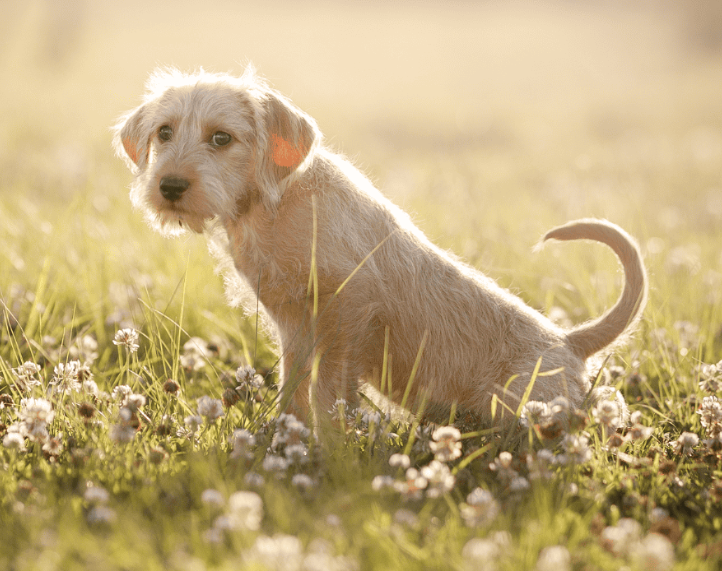Poisonous to Puppies and Dangerous to Dogs, in Autumn & Winter
- Katy Renny

- Oct 19, 2023
- 2 min read
In a previous post about poisonous substances to puppies and dogs in Spring & Summer, I emphasised how inquisitive puppies can be and how they like to take things in their mouths to explore the texture and taste, and how dogs instinctively scavenge, but how this can sometimes lead to serious illness or death if we do not take the right steps.
One of the steps is training dogs to leave substances that are not in their food bowl or given to them by you. Another is not leading them into temptation, not leaving toxic substances within their reach. But accidents can still happen out of insufficient training, mishaps and being unaware. So, this article is aimed at bringing awareness of some of the harmful substances that could find their way into your dog’s stomach over Autumn and Winter, and what to do about it.
During autumn, nuts are falling from the trees. Some are edible and some could be harmful. Whilst the sweet chestnuts are not toxic, they could cause a puppy to choke, and if a dog eats them in abundance, it could cause a blockage. So, it is best not to let your dog scavenge on sweet chestnuts. It’s the horse chestnuts (conkers) that are toxic and also acorns. Although pigs (Piglet) can eat acorns without becoming ill, dogs can’t. The safest thing is to put nuts on the no-list, especially Macadamia nuts - best not put them in a snack bowl on the coffee table at Christmas within a dog’s reach.
Other seasonal fodder are mushrooms. Although many are harmless, some can cause a mild reaction of vomiting and others could cause fatal kidney failure. Prevention is better than cure. Don't let your dog scavenge.
Be aware that if you are planting bulbs in the autumn in the garden, your dog might be inclined to dig them up. Many plant bulbs contain toxins that could be harmful to your dog if consumed, such as tulips, daffodils, and hyacinths. (See The Kennel Club for a detailed list of poisonous plants).
As we get closer to Christmas the hazards increase with the festive foods. Most people know that chocolate and grapes are poisonous, but did you know about blue cheeses, mince pies and Christmas cake?
If you discover that your dog has eaten something that might be poisonous, contact your vet immediately for advice. Don’t wait until you see symptoms because it could leave it too late. Give as much information about what has been eaten, how much, and if possible take a sample to show your vet.




Comments